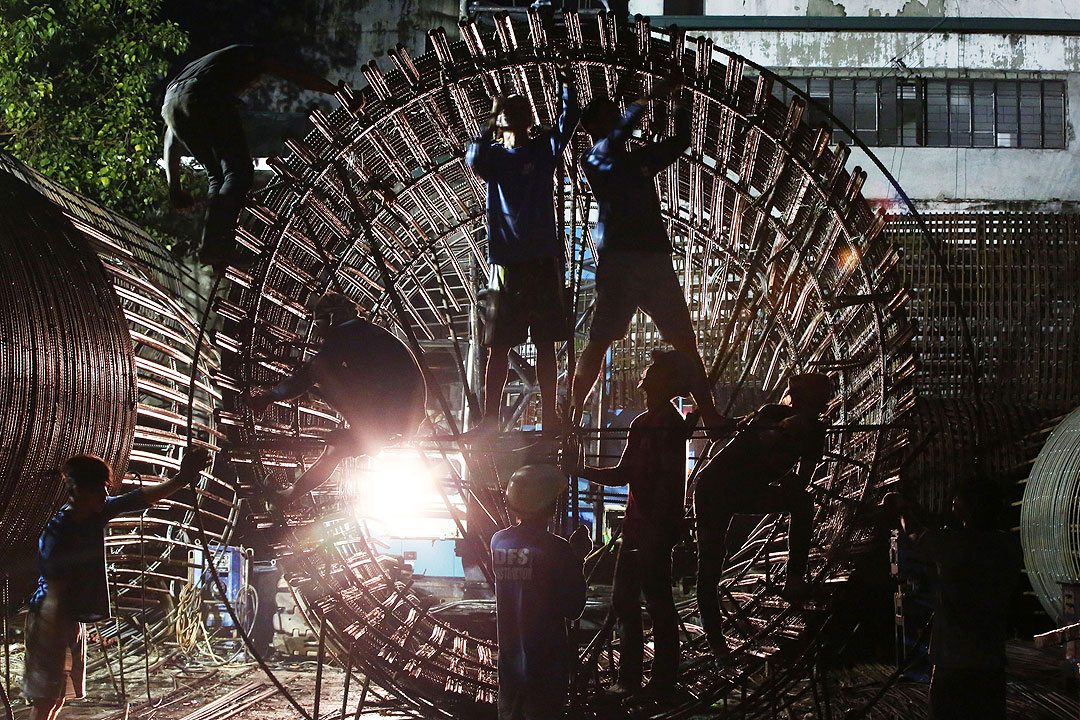BoI says likely to miss this year’s investment target

THE Board of Investments (BoI) is unlikely to meet its target to approve P905 billion in investment pledges this year, as a fresh surge in coronavirus disease 2019 (COVID-19) dampened investor sentiment.
Ceferino S. Rodolfo, Trade undersecretary and BoI managing head, said P376 billion in investment pledges were approved as of last September, while another P200-225 billion worth of pledges will be given the go signal before the year ends. This is still far from the P905-billion target for this year as reflected in the General Appropriations Act.
“I don’t think we can meet it. I think we will need more time. We will need definitely until at least the first or second quarter next year. We lacked the time because of the global surge in COVID-19 cases due to the Delta variant,” Mr. Rodolfo told reporters during a virtual briefing on Thursday.
In 2020, the BoI approved P1.02 trillion worth of investment pledges.
“We were really hit by the global economic setback caused by the Delta variant. This translated to stricter quarantine protocols in the Philippines. We were deeply affected during the second quarter and the beginning of the third quarter,” Mr. Rodolfo said, noting new investments are starting to trickle in as lockdown restrictions eased.
He said some of the investments are in housing, renewable energy, telecommunications, cement manufacturing and agriculture.
Investments in the pipeline include telecommunication projects, he added.
Meanwhile, Trade Secretary Ramon M. Lopez said the Senate is eyeing to ratify the Regional Comprehensive Economic Partnership (RCEP) within the month.
He said the Senate Foreign Relations Committee started deliberations last week.
“There will be another committee hearing and hopefully after this, the RCEP can be presented and passed at the Senate plenary for ratification this November,” Mr. Lopez said.
“The government together with key economists and experts have shown the net benefits of being part of RCEP and its positive contribution to GDP and trade, and conversely, the negative impact on growth, trade, investments and jobs of delayed or non-participation of the Philippines,” he added.
To recall, RCEP is a Free Trade Agreement (FTA) that includes Australia, China, Japan, South Korea, New Zealand, and all ASEAN-member countries which seeks to improve trade and investment.
“We should not be left behind. There are enough safety nets to vulnerable sectors and even the exclusions of sensitive list of agriculture products,” Mr. Lopez said. — Revin Mikhael D. Ochave



